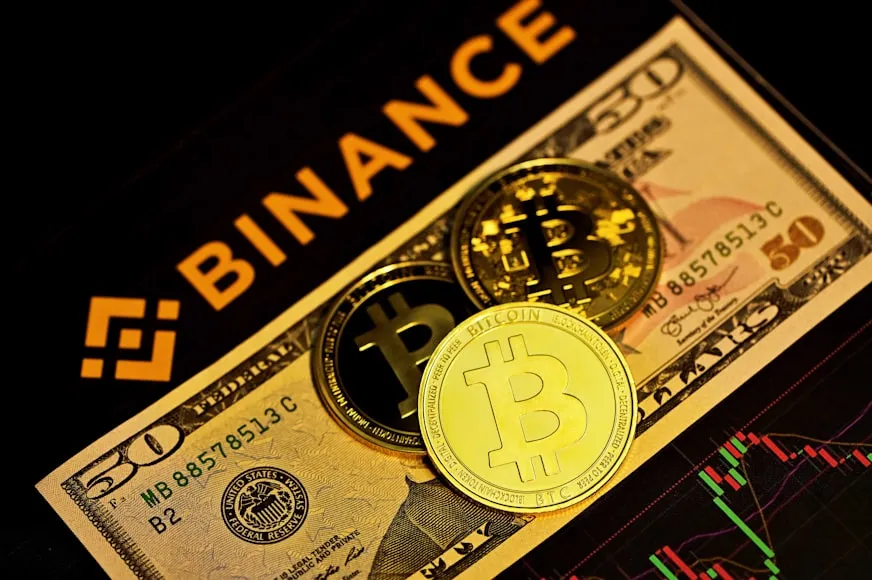Binance, one of the largest crypto exchanges in the world, has appealed a fine from Fintrac, which regulates Canada's financial markets, of 6 million Canadian dollars, approximately 4.4 million USD. The fine was over accusations of failure by Binance to comply with AML and CTF regimes, mainly not reporting some 6,000 transactions of considerable value within two years. However, the scenario is exciting regarding the fact that it further spotlights a running standoff between crypto exchanges and regulators across the world.

sourced
Fintrac alleges that Binance failed to register itself as a foreign money services company and did not report large transactions involving 10,000 CAD or more. What's important here, in this respect, is that Binance itself is not accused of having carried out money laundering, but instead, it did not put in place the relevant processes that allow monitoring and verification by authorities of significant transactions. This distinction between non-compliance related to regulatory oversight and direct involvement in illicit activities should be underlined.
What is more, the timing of the fine is also striking. It is reported that Binance officially stopped its operations in Canada in September 2023, primarily because of regulatory challenges. Even though it no longer has any interest in the country, Fintrac's investigation revealed that Binance had still violated Canadian regulations up until the moment it exited. That raises questions: are regulatory frameworks relevant as far as reputation goes, or was this a case where they just had to catch up with the fast-changing crypto industry?
Binance has announced its decision to challenge this fine, suggesting that it views the penalties as either unjust or disproportionate. This becomes more so in light of their no-longer operational status within Canada. This is further put into context by a comparison of Binance's responses to various regulatory actions across jurisdictions. In the United States, it had faced a far greater fine of around 4 billion USD for similar regulatory malfeasance but moved to settle rather than fight. This likely reflects that the US market is way more paramount than Canada's. The US represents a strategic market for any form of world business, including financial markets. It remains an essential financial center for any global player, including Binance, operating under the brand Binance.US in that country, although with drastically reduced trading volumes compared to its international operations.
The difference that Binance has taken toward these fines reveals the business strategy and priorities this company holds. With only 39 million people, the Canadian market is minute compared to the US, which has over 330 million people. This might be why Binance is opposed to the fine by Canada while easily yielding to the demand of the US authorities. That is to say, Binance is ready to invest in litigation in smaller markets where the stakes are lower, while it chooses settlement in more significant markets to hold its ground.

Sourced
The broader implications of the case are equally worth considering. As crypto becomes more mainstream, scrutiny from regulators picks up. That isn't a bad thing when it's effective regulation; it can help legitimize the industry and protect consumers. The challenge is how to make regulations comprehensive enough but simultaneously flexible to encompass the different characteristics of cryptocurrencies. Legal troubles from one of the largest cryptocurrency exchanges, Binance, underline the growing pains that an industry still searching for a foothold within the global financial system has to face.
Developments like these remind crypto enthusiasts and investors to keep their ears open to news and their eyes open for surprises. The regulatory scene never remains the same, and what happens in one country can create shockwaves all over the world. Binance's case in Canada might turn out to be a really good example in settling the legal precedence of how other countries will go on to handle such cases in the future, hence holding the fate regarding crypto regulation worldwide. Of course, innovation and regulation are both intertwined in their dance—one sure to characterize finance without a doubt.